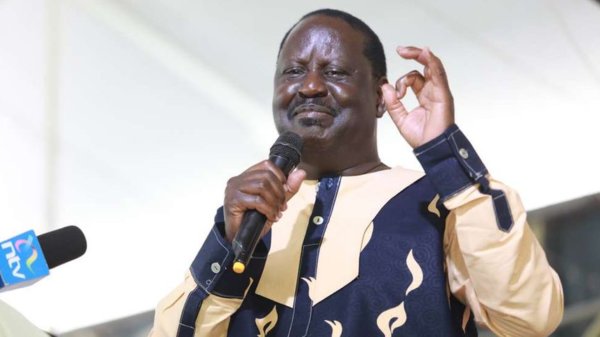(KDRTV) – Prominent Kenyans offering influencing services to different brands on social media will have to pay 1.5% of their earnings to the Kenya Revenue Authority (KRA).
This has been captured in the newly introduced Digital Service Tax (DST), which KRA describes as an amount of money ‘payable on income derived or accrued in Kenya from services offered through a digital marketplace.’
The taxman says this will include money made from promoting brands on social media because the influencers are using a digital service to provide their services.
“Social media influencers will be liable to pay digital service tax since their income is derived from or accrued from the provision of services through a digital marketplace or by providing digital advertising services in Kenya,” KRA said in a statement that has elicited sharp reactions from Kenyans.
Social media influencers will be liable to pay digital service tax since their income is derived from or accrued from the provision of services through a digital marketplace or by providing digital advertising services in Kenya.
For more details, https://t.co/TsfYZn4UZo pic.twitter.com/4bK1zsr5ik
— KRA Care (@KRACare) January 18, 2021
Pressed to define who is a social media influencer, the authority said an influencer is anyone who commands a following through a media platform through the products or services they use or engage in to drive sales or fame.
This means that influential people like Sports Journalist Carol Radul who uses her platforms to promote DSTV and Guinness will have to part with a certain amount to the taxman.
KDRTV spoke to a renowned journalist who has been contracted to promoted an online subscription video on demand company. The journalist said his employer is already deducting 5% of his earnings as withholding tax. It, therefore, means that influencers will part with at least 6.5% of their earnings to the taxman. This is exclusive of VAT.


































































